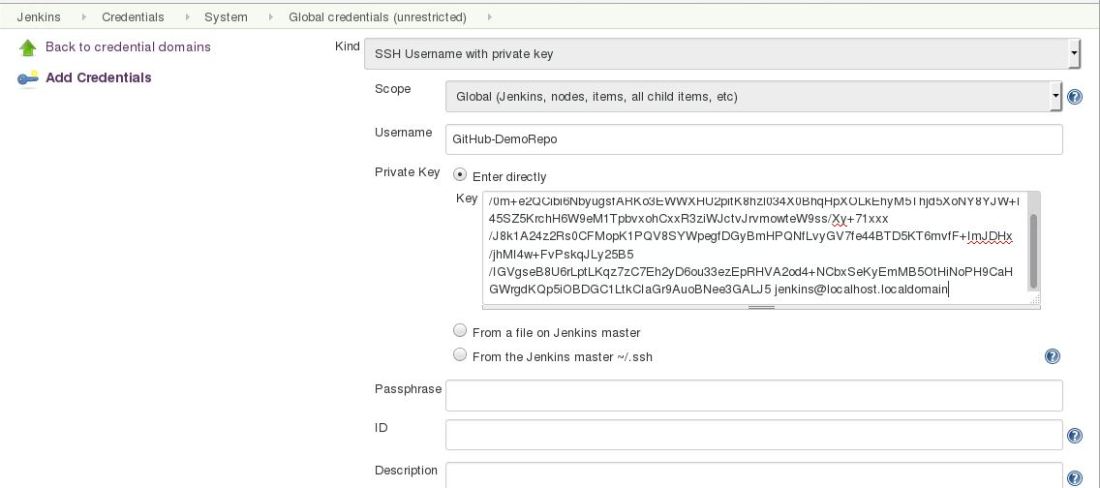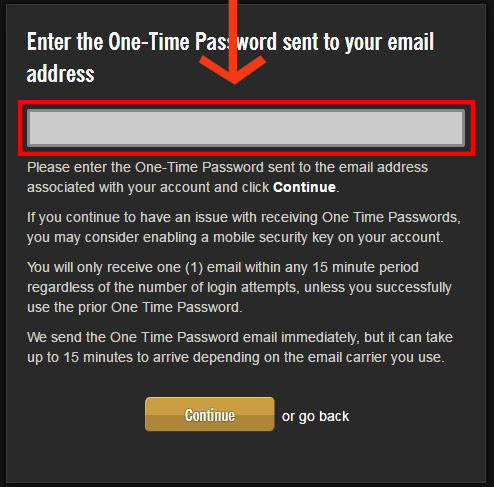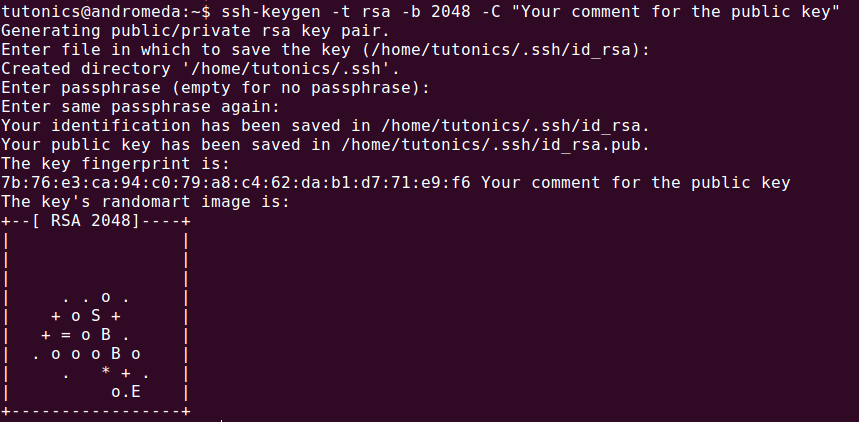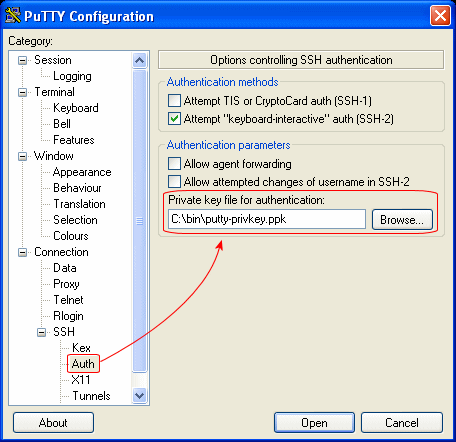

- #Ssh private key cracker cracker#
- #Ssh private key cracker full#
- #Ssh private key cracker software#
- #Ssh private key cracker windows#
IN NO EVENT SHALL THE AUTHOR BE LIABLE FOR * ANY SPECIAL, DIRECT, INDIRECT, OR CONSEQUENTIAL DAMAGES OR ANY DAMAGES * WHATSOEVER RESULTING FROM LOSS OF USE, DATA OR PROFITS, WHETHER IN AN * ACTION OF CONTRACT, NEGLIGENCE OR OTHER TORTIOUS ACTION, ARISING OUT OF * OR IN CONNECTION WITH THE USE OR PERFORMANCE OF THIS SOFTWARE.
#Ssh private key cracker software#
* * THE SOFTWARE IS PROVIDED "AS IS" AND THE AUTHOR DISCLAIMS ALL WARRANTIES * WITH REGARD TO THIS SOFTWARE INCLUDING ALL IMPLIED WARRANTIES OF * MERCHANTABILITY AND FITNESS.
#Ssh private key cracker windows#
* * modified by michu / 2007 - * added command line switches * added benchmark * added windows text file support * added some openssl routines in this file to increase performance * * compile: * $ gcc -Wall -O2 -o ssh-privkey-crack ssh-privkey-crack.c -lssl -lcrypto * * info: this works with cygwin, but its slower than linux * I computed arround 7500 key/s with an p4, 2ghz, sse2 (4000 bogo mips) * and john 1.7.2 sse enabled * * Permission to use, copy, modify, and distribute this software for any * purpose with or without fee is hereby granted, provided that the above * copyright notice and this permission notice appear in all copies.
#Ssh private key cracker cracker#
If users' devices are newer than this then I think it's quite legitimate for them to ask their vendors why they weren't shipping modern cryptography in their products./* * ssh-privkey-crack, just another SSH private key cracker * * Copyright (c) 2005-2006, anonymous * All rights reserved. These more-modern key types that I mentioned include the ECDSA keys defined in RFC5656 that was published over ten years ago.

"Devices that do not support the RFC8332 RSA/SHA-2 signature methods, and do not support any of the other, more modern key types, will need that extra step. There are some examples of this at /legacy.html. So no devices will be completely unusable, at worst they will require an extra command-line argument or a couple of lines of configuration. What about old devices that use SHA-1? “We're talking about changing the default set of enabled algorithms and not removing ssh-rsa support entirely (at least not yet). The authorizedkeys file should only be editable by the owner of the file or by root. The private keys need to be stored and handled carefully, and no copies of the private key should be distributed.
#Ssh private key cracker full#
"Specifically, an existing ssh-rsa key is perfectly usable with the rsa-sha2-256 or rsa-sha2-512 algorithms.” SSH keys are a great way to securely manage user access to a server, although if misconfigured they could result in a full system compromise.

“A ssh-rsa key does not need to be regenerated to be useful with the updated signature algorithms," he told us. We asked Miller for clarification of the impact of removing SHA-1 support. The cost of cracking SHA-1 will continue to fall, so now is the time to stop using it. If both sides support the latter then there is no SHA-1 in use," said security consultant Hector Martin on Twitter. "OpenSSH's advisory was worded very confusingly, but the way it works is that ssh-rsa *keys* can be used with both the ssh-rsa *algorithm* and the rsa-sha2-256 *algorithm*. It is important to distinguish between keys and hash algorithms. These statements have caused some confusion concerning matters such as whether keys will have to be regenerated, and what will happen with hardware tokens or network devices with out-of-date firmware.

Another suggestion is to use the UpdateHostKeys setting in OpenSSH clients, which automatically updates the client's knowledge of the keys identifying the server and the algorithm used, as explained by Miller here in 2015. The OpenSSH team suggest users and administrators use alternative, more secure hashing algorithms including SHA-2 (supported since OpenSSH 7.2 four years ago) or the even older ssh-ed25519 or ECDSA (Elliptic Curve Digital Signature Algorithm) as proposed in 2009. Hash snag: Security shamans shame SHA-1 standard, confirm crucial collisions citing circa $45k chip cost READ MORE


 0 kommentar(er)
0 kommentar(er)
